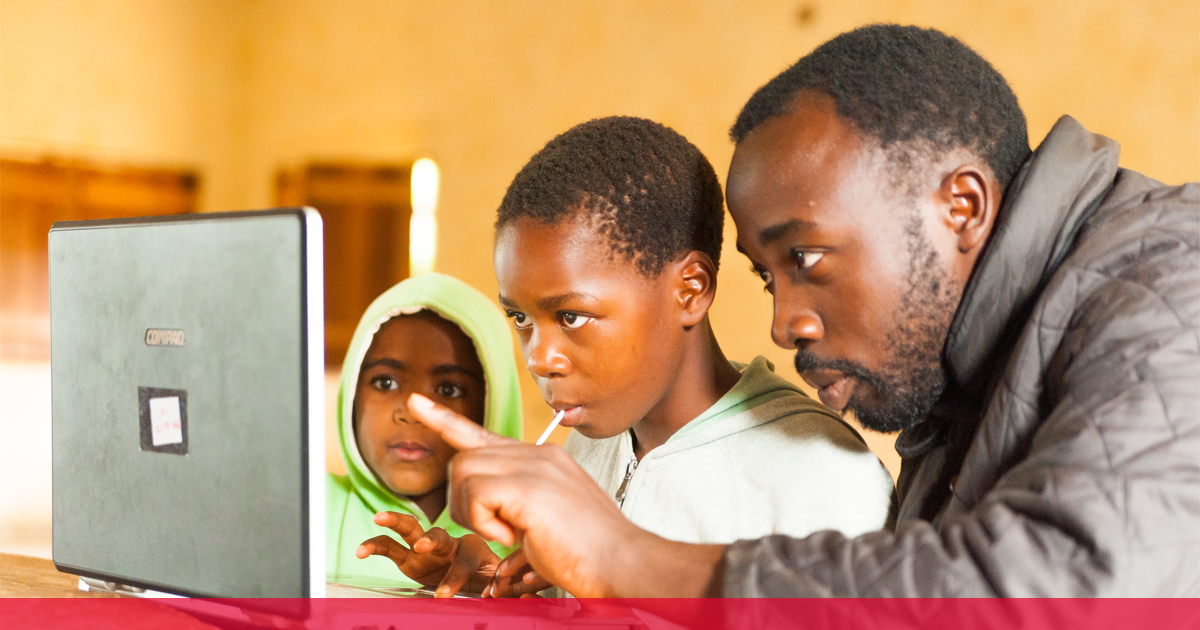The Centre for Human Rights,Faculty of Law, University of Pretoria, in collaboration with the Global School on Socio-Economic Rights Adjudication partners: University of Oslo, University of Stellenbosch, Centre for health and human rights at Harvard University,Universidad de Los Andes, and Abo Akademi University hosted their annual Advanced Human Rights Course (AHRC) on the “Judicial Enforcement of Socio-Economic Rights in Africa” from 2 - 6 May 2022.
The course was held both in a hybrid format, where the Human Rights and Democratization in Africa (HRDA) class of 2022 attended the course physically at Future Africa Campus, University of Pretoria and about 40 participants joined virtually via zoom. Overall, this year‘s course was attended by about 67 participants drawn from academia, judiciary, human rights institutions, governments, African parliaments, and civil society organisations across Africa and globally.
The course began with a word of welcome, introduction of the course objectives, exercises and the course program by Prof. Magnus Killander, a Professor of Human Rights Law, Center for Human rights, University of Pretoria.
The first presentation by Prof. Gustav Muller, Associate Professor, Department of Private law, University of Pretoria was on the “Overview of the International Covenant on Economic, Social and Cultural Rights” (ICESR) and adjudication at the national level. Prof Magnus Killander continued the day’s session with a discussion on “National Socio-Economic Rights Adjudication in Africa” leading up to an introduction to Moot court exercise. This included class presentations by participants on the justiciability of Socio-Economic Rights in their respective countries.
Prof. Christopher Mbazira, Makerere University on day 2, looked at justiciability of socio-economic rights and the reality of socio-economic rights litigation in East Africa, with a specific focus on Kenya and Uganda. The major question on this topic was whether the rights as enshrined in the ICESR are really justiciable on the ground under the sub regional groupings, or it has all remained on paper. The 2nd session for the day was a presentation on the implementation and impact of socio-economic rights by Prof. Malcolm Langford, Professor of Public Law, University of Oslo.
Day 3 began with a discussion on the topic, the protection of socio-economic rights in the African human rights system by Prof. Lilian Chenwi, Wits University, followed by the mandate and workings of the UN Committee on economic, social, and cultural rights with a focus on communications by Prof. Sandy Liebenberg, Stellenbosch University. The afternoon began with the launch of the Centre for Human Rights, University of Pretoria’s Green Justice Africa Campaign chaired by Dr. Elvis Fokala, CHR and ended with discussions on the protection of socio-economic rights in other regional human rights systems by Prof. Magnus Killander.
Prof. Ebenezer Durojaye of Dullar Omar Institute, University of the Western Cape kicked off day 4 with a discussion on the right to health, followed by a presentation by Justice Johann Van Der Westhuizen (Retired Judge of the Constitutional Court of South Africa) on the topic, socio-economic rights adjudication under the South African Bill of Rights and finally a topic on the Right to Education by Dr. Faranaaz Veriava (Head of Education: Section 27).
The climax of all the course events was on day 5 which began with a discussion on the South African Constitutional Court judgements on socioeconomic rights with the HRDA tutors, CHR, Lorah Afoyomungu, Wilson Macharia and Marystella Simiyu. This was followed by moot court preparation of arguments in groups by participants and finally a debriefing coordinated by Prof. Sandy Liebenberg.
The key highlights of course apart from the impactful and robust discussions and presentations, were the moot exercise, the CHR campaign on climate change and the South African case discussions.
The course was very successful, and we are very grateful to the Norwegian Embassy for their financial support.


